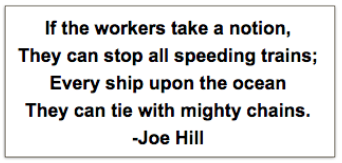 ———————-
———————-
Hellraisers Journal – Monday December 4, 1911
Gila Bend, Arizona – Southern Pacific Official Denies Water to New Born Babe
From the Duluth Labor World of December 2, 1911:
TUCSON, Ariz., Nov. 30.-The Southern Pacific officials at this point have resorted to brutal and desperate methods to compel its striking employees to return to work. Out on the desert where many men are on strike they depend upon the company to bring them water. As a last resort the company has refused to furnish or sell water to any employee on strike.
In a news story published by, “The Voice of the People” of this city, a tale is told of the tactics of the company in its attempt to crush the men on strike: The paper states:
Refused Water.
“Even a Digger Indian or a Papago buck on the war path, will turn over a rock and allow a squaw with a new born pappoose the first pick of the fat grubs which may be found beneath it, but it has remained for an official of the Southern Pacific railroad, Superintendent J. H. Dyer, of the Tucson division, which extends from El Paso, to Yuma, to refuse a drink of waiter to a strikers’s wife with a new born babe at her breast,
“The babe was only three days old when the order was issued by the railroad superintendent, and on account of the order the wife of W. E. Stewart a striking boilermaker at Gila Bend, Ariz., out in the desert, miles from civilization, is without water for the nurse to wash the linen, which the simplest demands of sanitation, to say nothing of civilization, require in such cases.
Two Kind of Water.
There are two. kinds of water at Gila Bend-the water which the engines must use—it eats the flues out of boilers with a celerity which requires a force of men at the round house to make what are called “running repairs” on the locomotives, and W. E. Stewart was one of these men.
“The other water is drinking water, which is brought in a water car from Sentinel. Since the strike Stewart has been standing with the other mechanics of the federation at his post, the little semi-oasis of the desert about half way between Tucson and Yuma.
“On November 7, Superintendent Dyer, angered and furious at the unbreakable lines of the shopmen who would not return to work until the grievances are adjusted, issued his order to cut off the water from all strikers at Gila Bend.
Money Is Tendered.
“The secretary of the Tucson branch of the federation received a wire from Stewart telling of the action and asking legal counsel. A. A. Worsley, the attorney for the federation, notified Stewart by wire, to tender pay for the water.
“Stewart obeyed and money was offered by his father-in-law, while Stewart held his three days old babe in his arms and looked into the eyes of his suffering wife, unable to offer her a drink of water which she craved, but the money was refused by the roundhouse foreman, Allgood, who was acting under Dyer’s orders.
“Kindly disposed women neighbors, whose husbands are still in the railroad service in other departments than that affected by the strike, have seen to it that enough water to drink has been smuggled to the bedside of Mrs. Stewart, whose condition forbids her being moved to any other place at this time.”

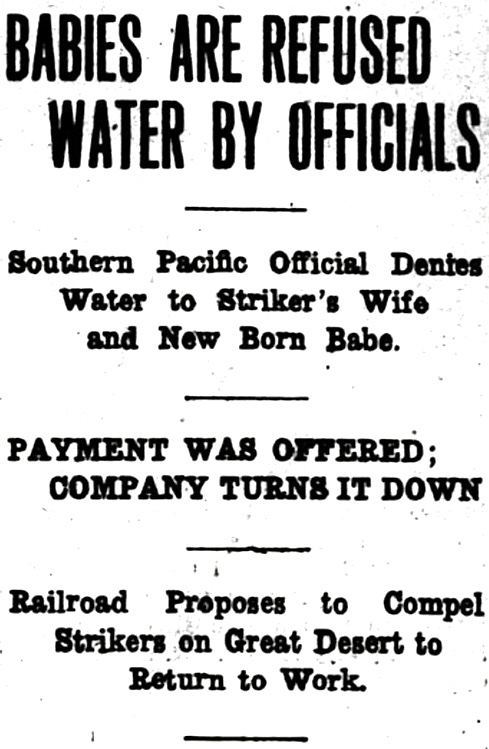
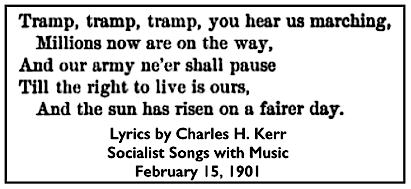 —————
—————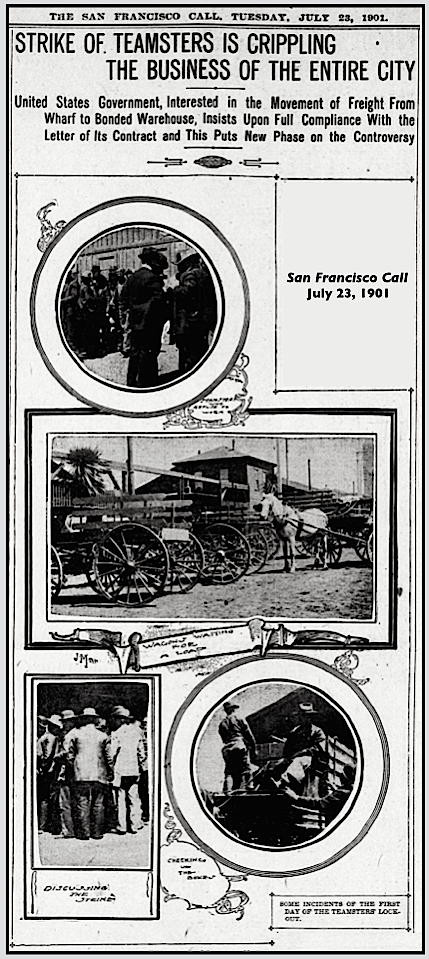
 —————
—————
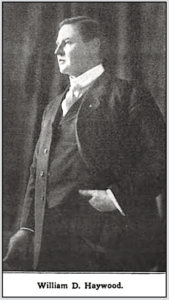 And in Wales it was my good fortune to be there, not to theorize but to take part in the general strike among the coal miners. Previous to my coming, or in previous strikes, the Welsh miners had been in the habit of quitting work, carrying out their tools, permitting the mine managers to run the pumps, allowing the engine winders to remain at work, carrying food down to the horses, keeping the mines in good shape, while the miners themselves were marching from place to place singing their oldtime songs, gathering on the meeting grounds of the ancient Druids and listening to the speeches of the labor leaders; starving for weeks contentedly, and on all occasions acting most peaceably; going back to work when they were compelled to by starvation.
And in Wales it was my good fortune to be there, not to theorize but to take part in the general strike among the coal miners. Previous to my coming, or in previous strikes, the Welsh miners had been in the habit of quitting work, carrying out their tools, permitting the mine managers to run the pumps, allowing the engine winders to remain at work, carrying food down to the horses, keeping the mines in good shape, while the miners themselves were marching from place to place singing their oldtime songs, gathering on the meeting grounds of the ancient Druids and listening to the speeches of the labor leaders; starving for weeks contentedly, and on all occasions acting most peaceably; going back to work when they were compelled to by starvation.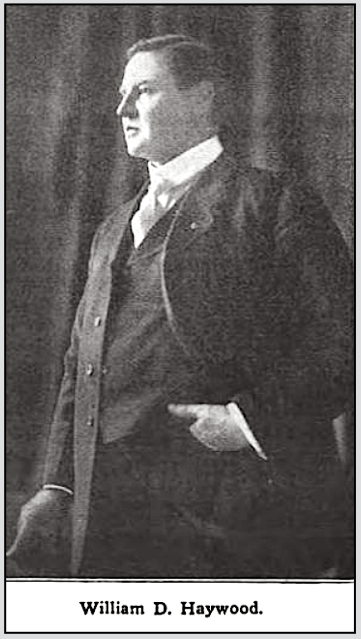 Comrades and Fellow-Workers:
Comrades and Fellow-Workers: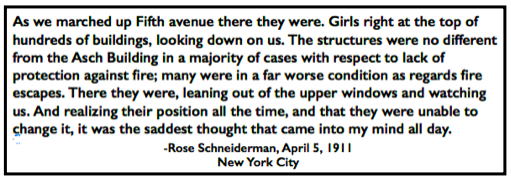 ———-
———-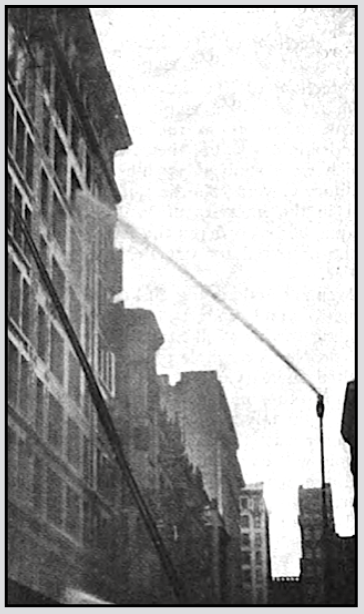
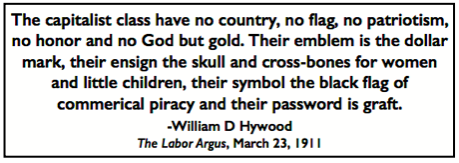 —————
—————
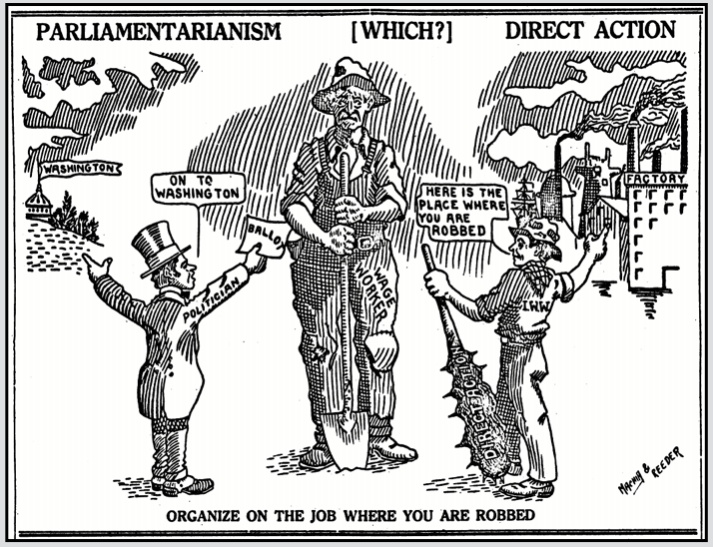
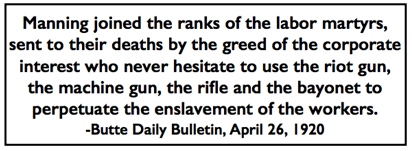 ———-
———-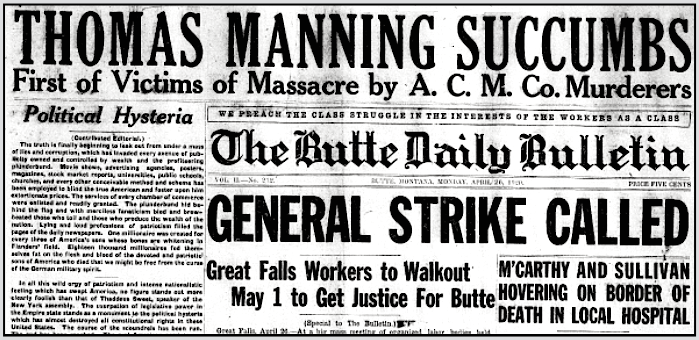 —–
—– ———-
———-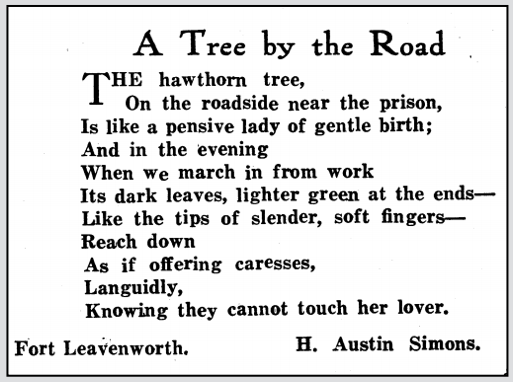
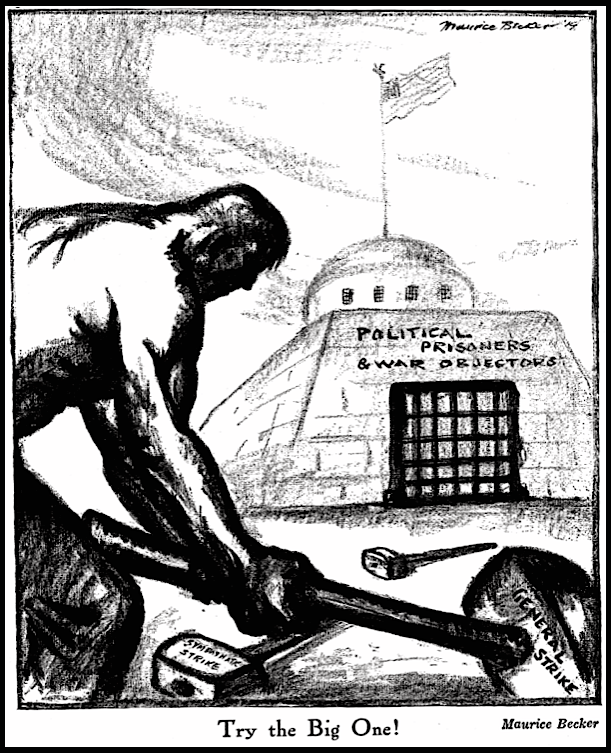
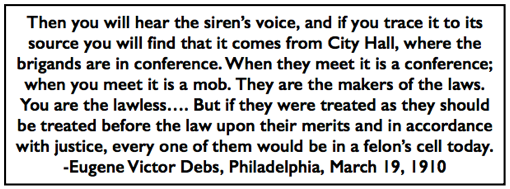 ———-
———-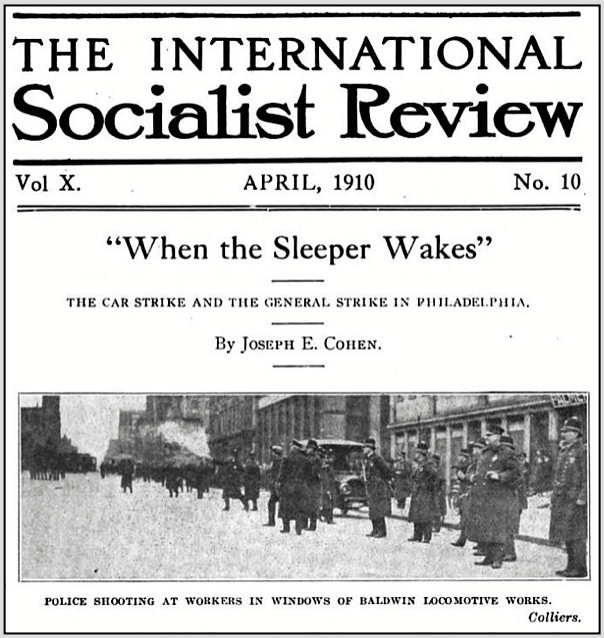 —–
—–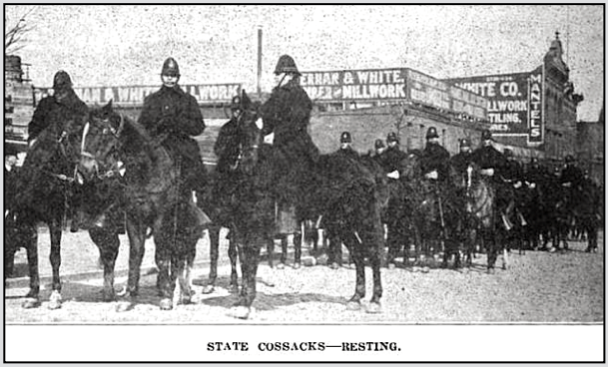 —–
—–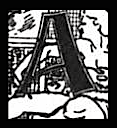 CHILD does not blossom into maturity in a day, nor can a weakling to transformed into a Hercules over night. It requires the lapse of many years in the one instance as in the other. And several decades may pass before a city or a nation attains its majority. Yet there is no telling for how long a time the elements have been gathering for some mighty upheaval; how soon, when the surface of things seemed as calm as ever, there would break out an eruption such as would rearrange all that seemed stable and permanent.
CHILD does not blossom into maturity in a day, nor can a weakling to transformed into a Hercules over night. It requires the lapse of many years in the one instance as in the other. And several decades may pass before a city or a nation attains its majority. Yet there is no telling for how long a time the elements have been gathering for some mighty upheaval; how soon, when the surface of things seemed as calm as ever, there would break out an eruption such as would rearrange all that seemed stable and permanent.